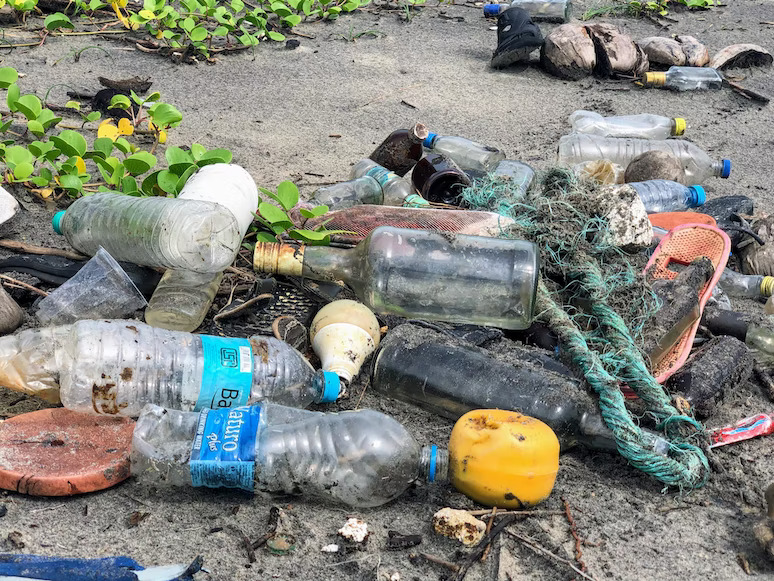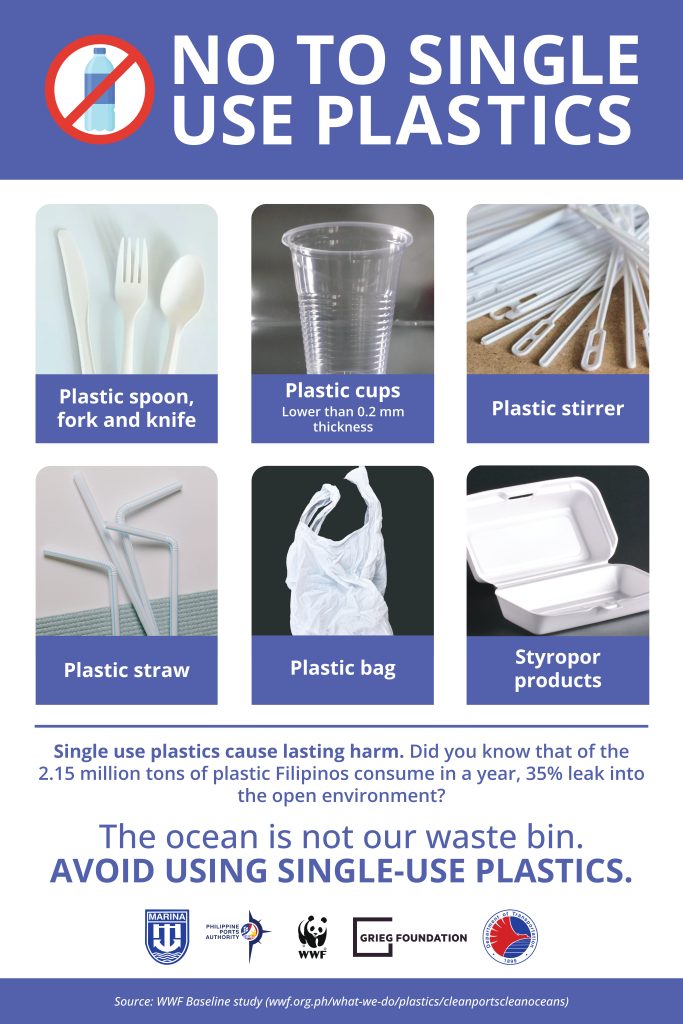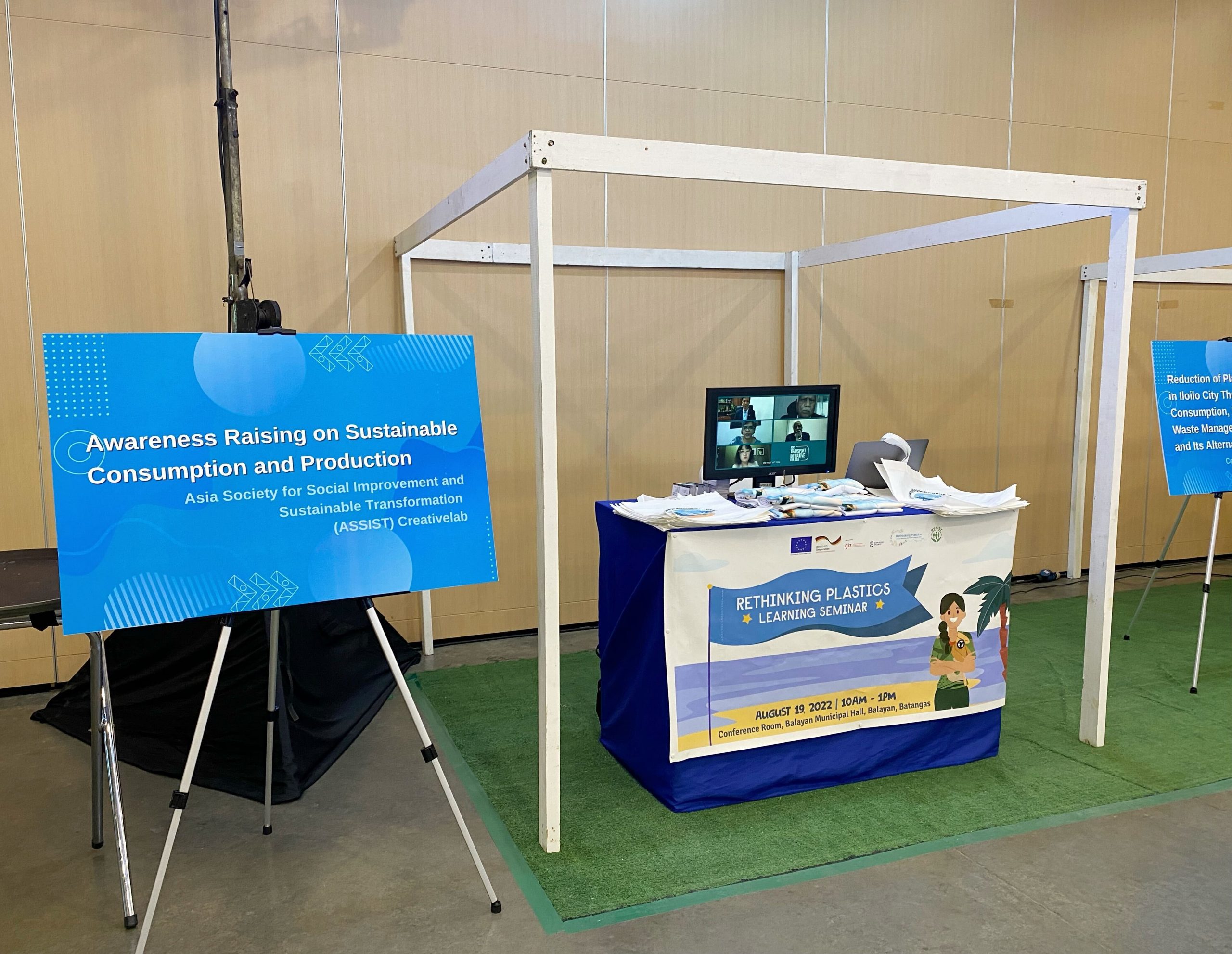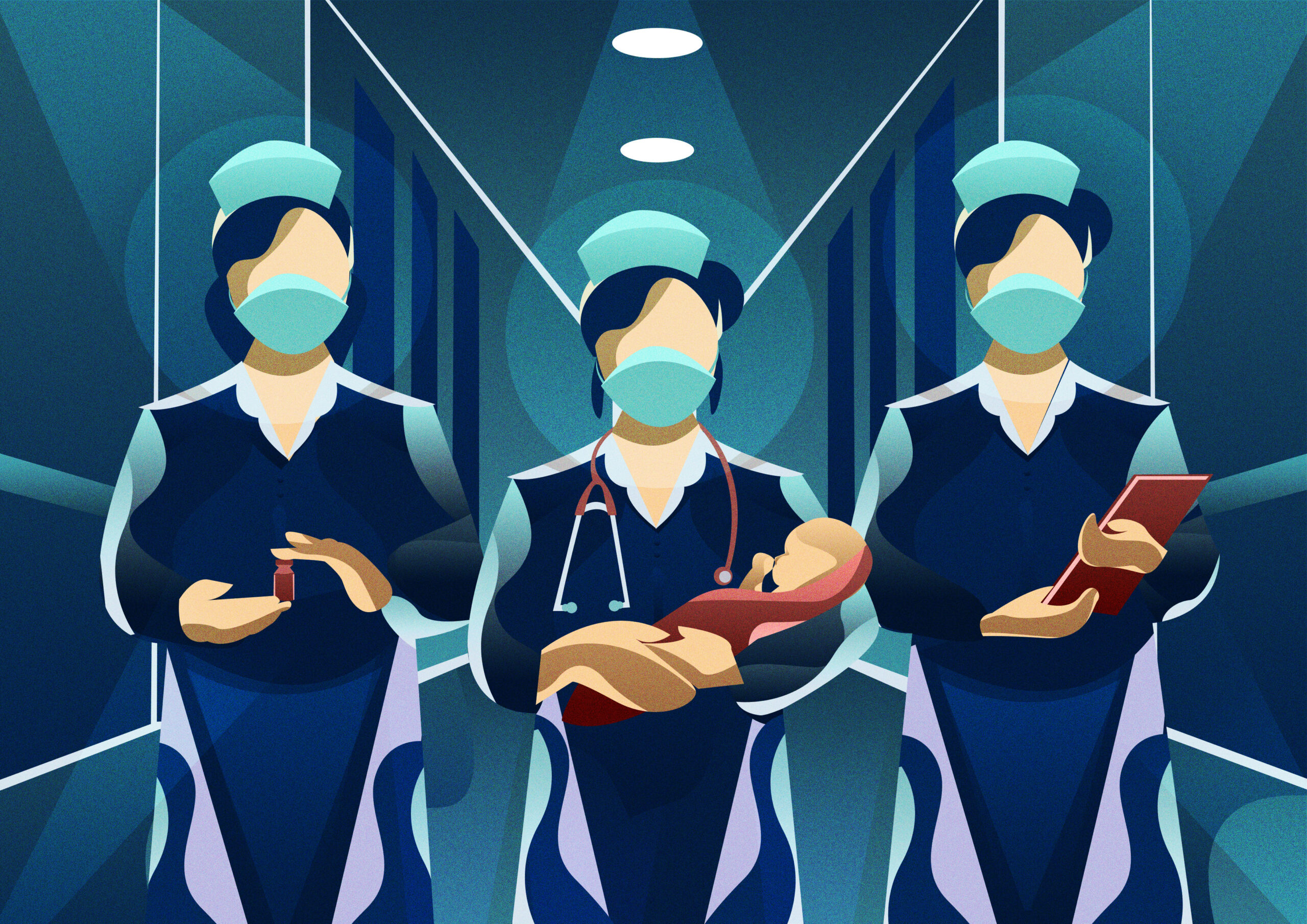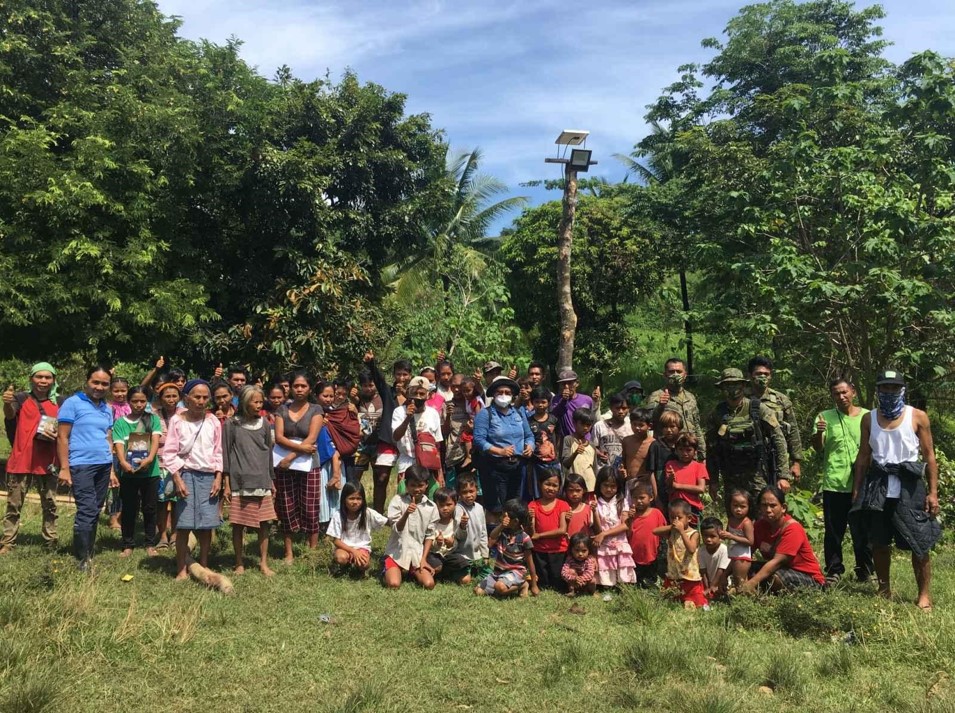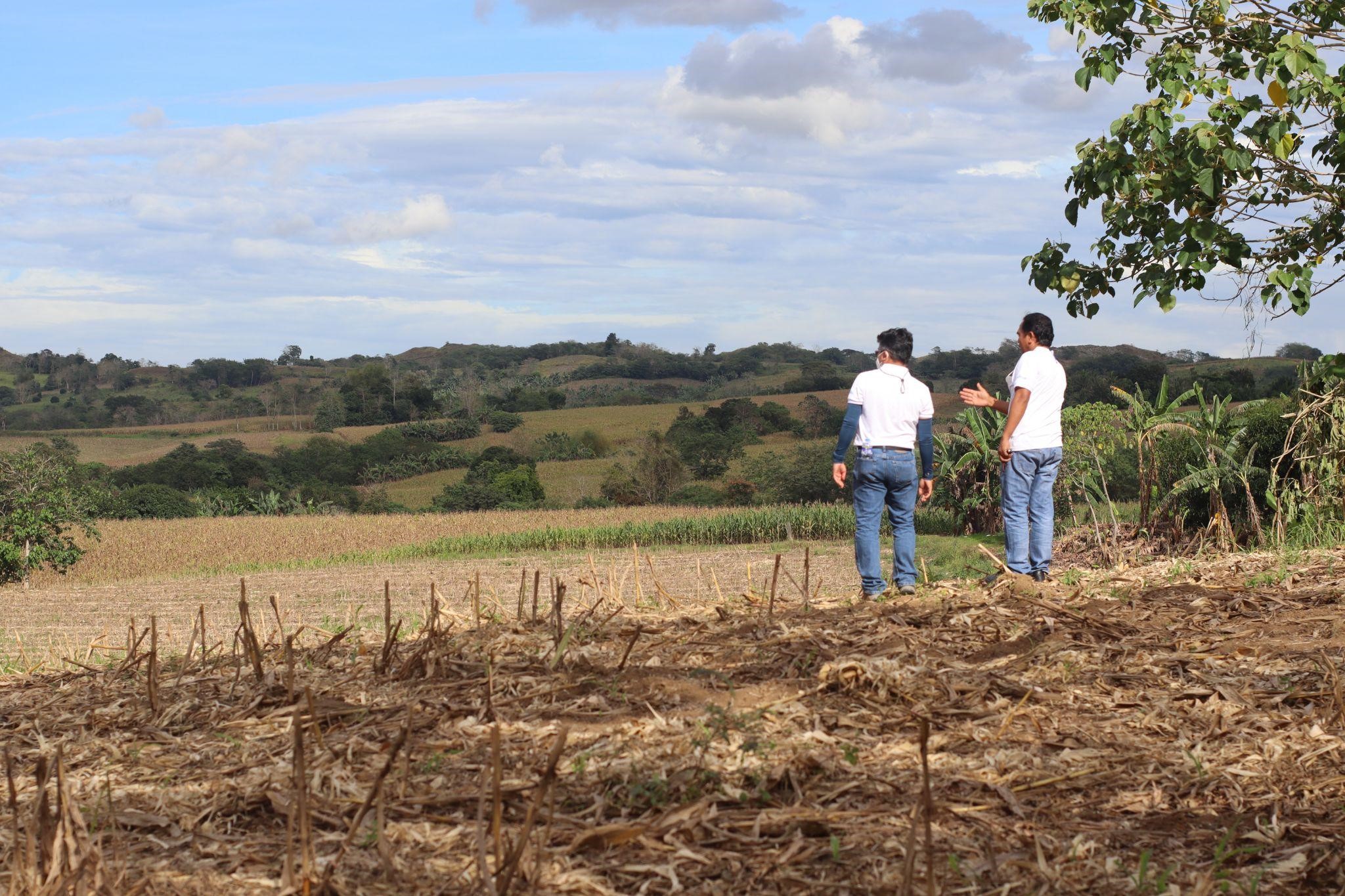The Internet has become a core pillar of modern information and communications technology in Southeast Asia, now connecting over 400 million people in the region. Further spurred by the COVID-19 pandemic, this accelerating ubiquity of global connectivity, along with its demographic transformations, brings with it an expanding cybercriminal economy exploiting the increasing Internet-enabled lives of the populace. The volume, scope, and cost of cybercrime as an evolving form of transnational crime remain on an ascending trend and have reached extreme levels. From phishing, fraud, identity theft, hacking, data theft to child pornography and terrorist propaganda dissemination, cybercrime poses a significant threat to economic and national security.
As ASEAN progresses toward a stronger digital society and digital economy in the coming years, the frequency of cybercrime is expected to increase. As a response, the ASEAN Foundation with the support of Microsoft, launched on February 2022 the ASEAN Cybersecurity Skilling Programme (ACSP) during the “Cybersecurity in ASEAN: Lessons for Youth and How the COVID-19 is Shaping the Every-Evolving Digital Landscape” webinar. ASEAN CSP aims to combat cybercrimes in ASEAN by raising awareness on the importance of cybersecurity and building greater cybersecurity knowledge among people in ASEAN. Further, ASEAN CSP hopes to address the skills gap and lack of cybersecurity talent among the youth by working with educational institutions to help them stay updated on cybersecurity curricula and ensure students are equipped with skills that are in demand for career prospects.
- What is the project about?
The ASEAN Foundation has been tasked to support ASEAN’s community building efforts by promoting greater awareness of the ASEAN identity, human resource development, people-to-people interaction, and close collaboration among the business sector, civil society, academia and other stakeholders in ASEAN.
To continue its efforts towards fulfilling its role, the ASEAN Foundation intends to expand its Cybersecurity Skilling Programme in partnership with Microsoft to enhance the capacities of five hundred sixty (560) ASEAN nonprofit trainers, facilitators, educators, youth job seekers, and fresh graduates as trainers across Cambodia, Indonesia, Malaysia, Singapore, Thailand, The Philippines, and Vietnam who will deliver cybersecurity training to 30,000 underserved youths in the seven countries as a way to contribute to the creation of a safe digital ecosystem in ASEAN.
- What is the importance of the project?
With society shifting towards digitalization, and as individuals become more dependent on digital technologies in their everyday lives, having a secured cyberspace has become a priority. Moreso, as sensitive data such as personal and financial information, communication, and location are shared by internet users from across the region, urgent action must be taken towards digital safety. The overall objective of the ACSP is to share an introductory understanding of cybersecurity solutions through Microsoft’s data recovery, classification, and protection.
- Who were the stakeholders involved?
ASEAN Foundation has partnered with eleven local implementing partners in Cambodia, Indonesia, Malaysia, the Philippines, Thailand, Singapore, and Vietnam. ASEAN Foundation worked with Microsoft and ASSIST CreativeLab to create the learning module “Introduction to Cybersecurity.” The learning module’s content capitalizes on Microsoft’s resources and is grounded on the results of the baseline research conducted by the ASEAN Foundation. The target audience of the project are educators, non-profit trainers, fresh graduates, career shifters, and the youth across ASEAN.
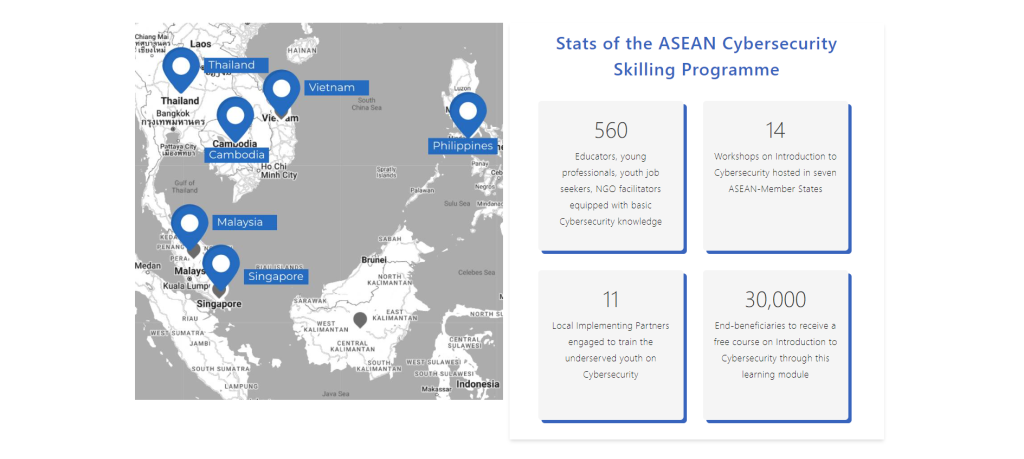
- What are the expected results from the project?
The Introduction to Cybersecurity is a free online course containing modules embedded into the Future Ready ASEAN Platform (futurereadyasean.org) and will be used to train the target audience groups. A total of 5 modules and 10 videos were developed for this program.
Total hours of Learning – 10 hours
Videos – 3 hours appx
Static Learning material (learning reinforcements) – 3 hours appx.
Learning Assessment (interactive multiple choice questions) – 2 hours appx.
Localization of the course to 7 languages in the ASEAN region
- How are the outcomes / goals going to be accomplished?
ASSIST CreativeLab followed the 5D Approach as shown below to develop the Introduction to Cybersecurity course. ASSIST Creativelab worked through each phase in collaboration with the ASEAN Foundation to ensure that the course met the specific and contextual needs of the project.
